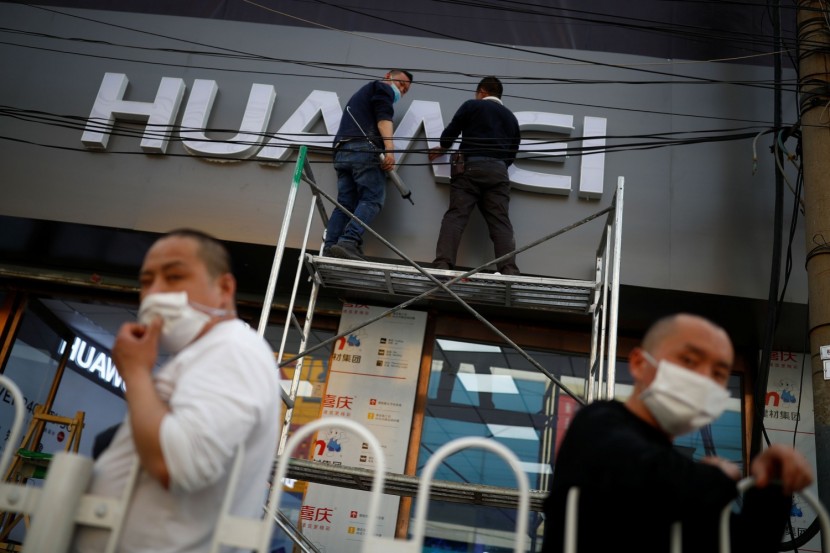
After being blacklisted in the United States, Huawei's domestic smartphone sales in China had been a bulwark for the company. As the pandemic epicenter currently recovering from the outbreak, the company's domestic phone businesses now face increasing challenges.
Following the deceleration of COVID-19 local infections, the smartphone giant and telecom equipment company had largely resumed their smartphone production by the end of March.
But despite the company's progress, Forbes said that they are now facing problems on the demand as the Chinese economy slowly pulls back on purchases, selling phones now is a daunting task.
Research and advisory firm Gartner's senior director analyst, CK Lu shared that consumption is being continuously affected.
He also added that in this environment, it would be considered a really good result if a company can maintain the same level of shipments as last year.
According to a transcript of billionaire founder Ren Zhengfei, Huawei sells an average of 450,000 phones domestically on a daily basis, while international market sales are declining specifically due to the US blacklisting the company.
The Shenzhen-based company is launching new devices more frequently adding offers for aggressive discounts on some entry-level models to fend off rising competition, as major phone brands from Apple and Xiaomi now focusing more on China as their market based on an analyst.
Read also: Why You Should Get Google Home | 10 Useful Features for Quarantine
The introduction in April of several new models to its Nova and Honor lines, which analysts shared that both hit the market earlier than expected and it also launched an online event in March for the company's flagship P40 series, upcoming phones with enhanced lenses and bigger camera sensors only proves Huawei's aggression on sales.
Senior analyst at research firm Strategy Analytics, Wu Yiwen said that the company (Huawei) has accelerated the new product cycle.
Analyst at market research firm Canalys, Jia Mo, shared that the company's rich pipeline of phones could still help to grab local market share on top of the record 38.5% gathered last year. But the China market itself could contract from 2019's 371 million devices shipped to anywhere between 326 million and 284 million this year. Considering the possibility that Huawei's market share extends up to a conservative 40%, the company could ship 113.6 million units in China by the year ends, a decrease from 142 million in 2019, based estimates using Canalys data.
After the Trump administration put Huawei on the so-called entity list, which curbs the export of American technology on the grounds of national security issues, the company's devices have been deprived of crucial Google services, such as Maps, Gmail, and even Youtube.
But despite the blacklisting and deprivation, Huawei adapted to the situation and launched its own software services, however, they have not gained much attention abroad as Google already cemented its name in the international market.
But in China, the lack of Google products is not a problem as Beijing has long blocked a large number of Western platforms and promoted local alternatives, patronizing the Chinese technology and putting the profit to local investors rather than foreigners.








